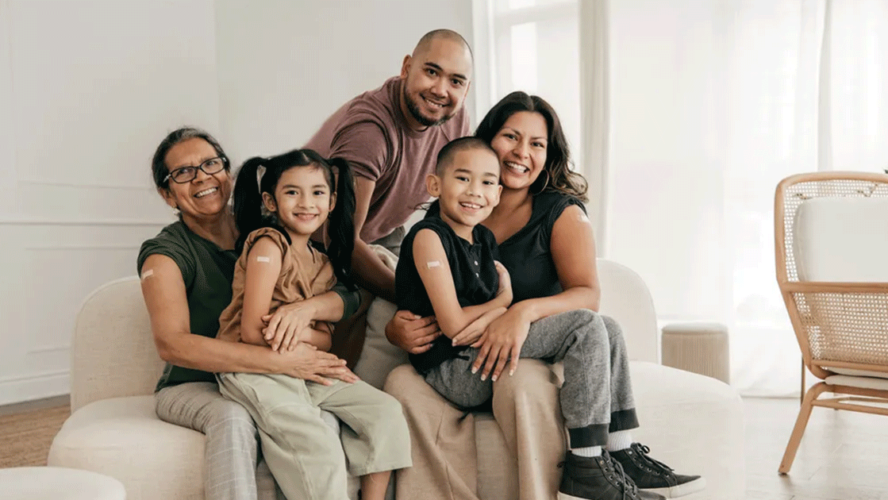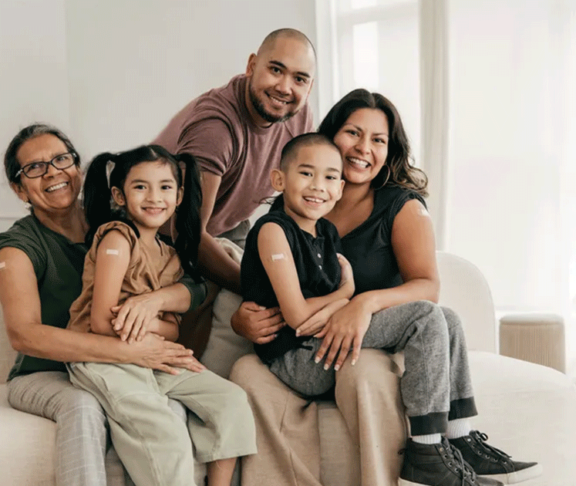
Dr. Vivien Brown
Toronto-based Family Physician
Dr. Vivien Brown, a Toronto-based Family Physician debunks vaccine misconceptions, explains how they work, and stresses their importance to public health.

Can you briefly explain how vaccines work in the body?
Vaccines generally are inactive components of a particular virus or bacteria, designed to stimulate antibody production against a particular invader. It is almost like training your antibody armies to recognize the enemy. That way when and if you are exposed to that disease, you already have excellent antibodies set to protect you from that illness.

What are the most common vaccine misconceptions you’ve encountered?
“The vaccine made me sick.” The vaccines are inactive with just a few exceptions. So, while you may feel tired as your immune system is being stimulated or get minor short-lived side effects from some components of the vaccine, you won’t become ill with the illness the vaccine is designed to prevent. You cannot get the flu from the flu shot!
It does take about two weeks after being vaccinated for your antibodies to be active, so it is possible in that short interval, for you to be exposed and become ill as the vaccine has not yet had the time to work. And though vaccines particularly for adults may not prevent disease 100 per cent of the time, vaccines do decrease the severity of various diseases as well as the risk of transmission to others. So, you help yourself and your loved ones by being immunized.

What can be done to combat these misconceptions?
Understanding the process and education is so valuable.

Can you tell us about the importance of vaccines to public health?
We are aiming to have the majority of the population immunized. That creates a herd effect which means less disease in the community. That protects those who are most vulnerable like babies, those who are in chemotherapy, or have other causes of immunosuppression.
Vaccines and preventing disease is one of the most successful areas in public health as we learned years ago during the polio epidemic and more recently with COVID-19.
Vaccines and preventing disease is one of the most successful areas in public health as we learned years ago during the polio epidemic and more recently with COVID-19. Vaccines decrease illness, hospitalization, and death.

What are common barriers to vaccine access in Canada?
Not everyone understands the importance of vaccines and if it is not clearly recommended by their health care practitioner, it may not be understood and appreciated.
While cost of some vaccines is an issue, less than 20 per cent of patients have named cost as a major barrier. Lack of recommendation had a greater impact.
Also, while we have national guidelines, those guidelines are implemented differently by every province and territory. So different age groups or different risk categories may be given different priority in different environments. This easily leads to confusion, and perhaps distrust of what is being offered and why.

What is being done to increase accessibility?
Certainly, education and advocacy are important. As well we saw, with COVID-19 vaccine, many alternative locations for immunization. Pharmacists are very important and usually have greater access and time options for the public. We held vaccine clinics in gyms, colleges, parking lots and parks. Mobile vaccine units went into communities. Indeed, it was all hands-on deck, and that is increasing access!


